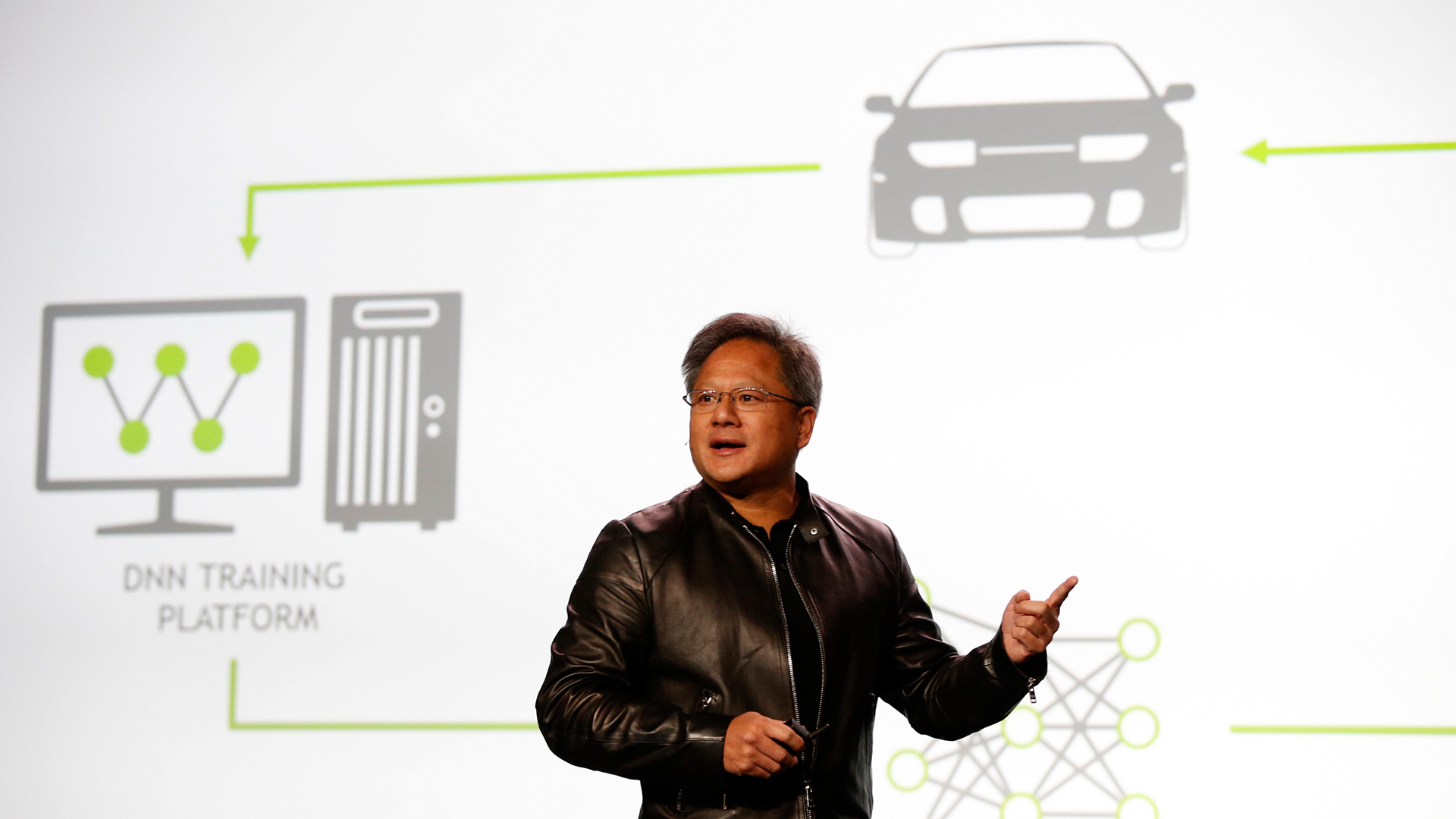

Autonomous cars are coming, people. To quote Donald Trump: “You know it , I know it, everybody knows it.” The sooner we accept this and get comfortable with the technology being responsible for our making the road a less deadly place to be, the easier this transition will be. Fighting that the change only hinders the advancement of the technology.
So what can the industry do to make light of this transition to semi or full autonomous vehicles? Simple: Have people actually use and demo the product.
You’re interested in buying a new car, so you head down to your dealership and ask for the keys to test drive a few models to decide. But what if you hop in the car and it does this work for you, unexpectedly? Driverless cars shouldn’t feel like you’re getting on a roller coaster. Getting the public to understand that they are safe while a computer processes its own spacial awareness, rather than the human component judging (and possibly misjudging) certain scenarios.
After Facebook purchased Virtual Reality company Oculus, I noticed that a large glass walled kiosk titled “Facebook” popped up at one of my local malls. I glanced through the fingerprint smudged glass, just as countless other curious onlookers obviously had in the past few hours, and observed just what they were doing: giving public demonstrations of Oculus to people who would have otherwise shown no interest in VR. If the industry would demo the same kind of situation with driverless cars, it may just spook the public a little less to know that the car understands and can adapt to its surroundings.
Additionally, companies must begin to be more public-facing. I asked a few people around me if they trusted “Waymo” or “Google” more with driverless cars, and their answer was Google. Truth be told, they didn’t know if either company had an autonomous vehicle product, but they trusted Google because of their every day familiarity. And in case you weren’t sure when reading this Waymo was a Google product prior to Google’s parent holding company, Alphabet, splitting the product out into its own company.
Lastly, and maybe the most important factor, is education. You can hold hands as much as you want when demonstrating products, or establishing brand trust and familiarity, but until the public has a basic understanding of how autonomy works, they will reject it.
The enemy is fear. We think it is hate; but it is really fear.
Mahatma Gandhi
Ever wonder how a self driving car might visualize its surroundings? Take a look at this demo from CES in January of 2017 where NVIDIA demonstrated the project which they have been working on side by side their Baidu venture.

The fact is, this transition may be difficult to accept by some. Demonstration, brand recognition, and education will all help to ease the public into a future of driverless cars. Autonomous vehicles are coming to a road near you, and the change is happening faster than you think.